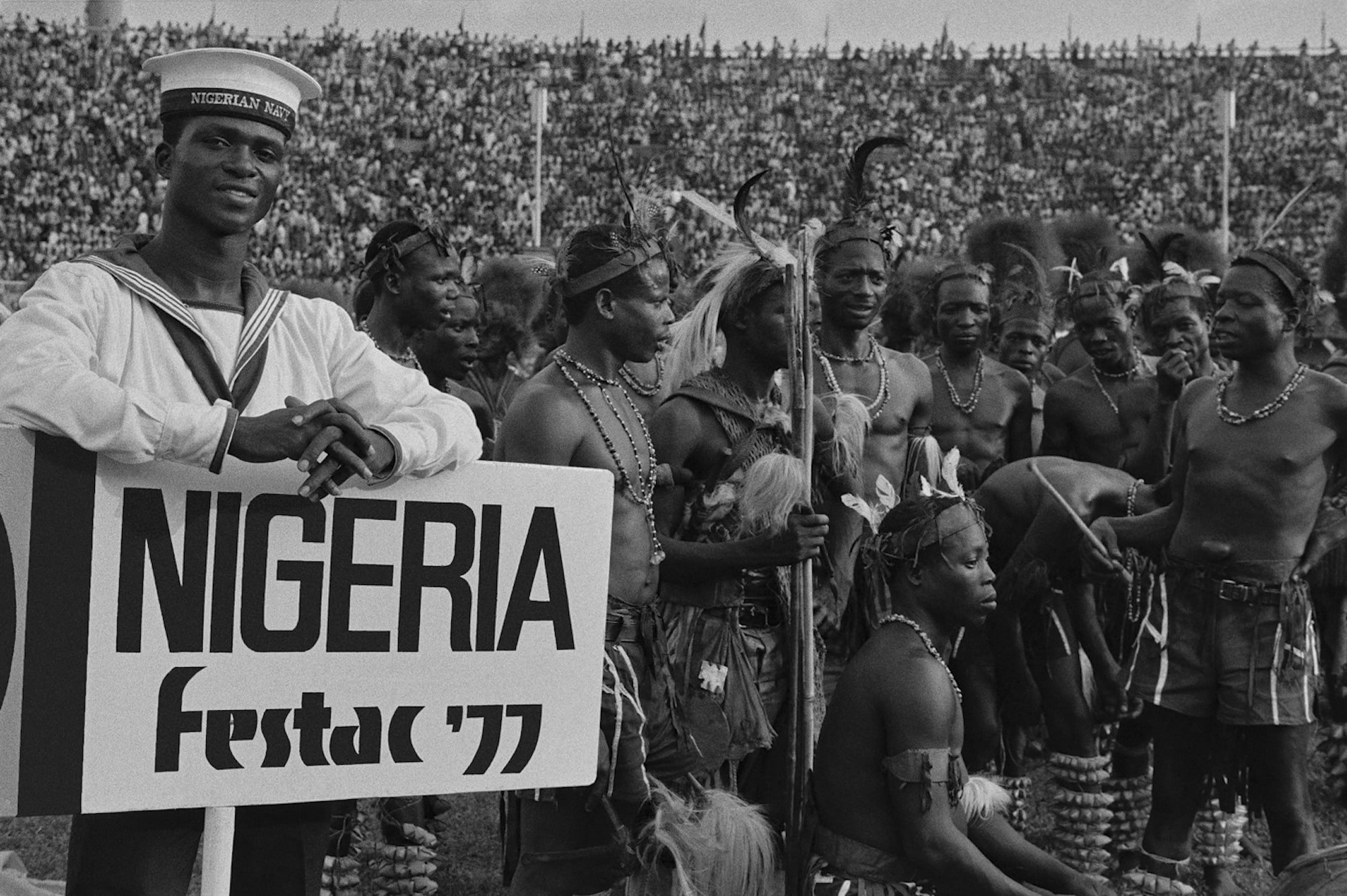FESTAC ’77: A Peep Into Yesterday, Today, And Tomorrow In The Nigerian Cultural Pedestal.
By Benard Nweke
The Second World Black and African Festival of Arts and Culture, better known as FESTAC '77, was a landmark event showcasing the rich cultural heritage of the African continent and that of the African diaspora. It took place in Lagos, Nigeria, from January 15 to February 12, 1977. It was a colourful expression of African culture, identity, creativity, and unity.
FESTAC '77, being the largest such gathering of its kind at the time in discussion, left no doubt as to Nigerian status as a cultural epicentre and the importance of African heritage in the global prism. The hallmark of the exhibition was the simultaneous display in the two major cities of Lagos and Kaduna respectively, becoming the talk of the town globally in recent history.
Meanwhile, it was a follow-up on the first meeting, which had taken place in Dakar, Senegal, in 1966. The event was mooted to be one in which there should be celebrations of the African arts, traditions, and achievements aimed at bringing together all people of African origin across the world. This festival came during the height of a political and cultural reawakening that swept across the African continent where the largest portion of its member states were falling abreast of the grip of colonialism.
Taking us the memory lane, it was an occasion that positioned not only Nigeria but Africa on the global map by shaping the restoration of pride in African culture after years of colonial torture and repugnance not only economically, politically, and socially, but cultural-wise.
However, the big question with a question mark is, why was Nigeria chosen?
Nigeria, being the giant of Africa was chosen to host the festival because of its cultural diversity and political influence on the continent. Of course, the selection of Lagos as the venue underlined the city's status as a cosmopolitan centre of African culture and innovation, (having Abuja less, or not in mind as the would-be FCT).
Again, it is relatively pivotal to laconically state that the whole outing was a full display of variegated shows which included but were not limited to arts, literature, theatre, music, and dance and were other presentations from intellectual-highly profiled individuals from all walks of life in Africa.
Critically, one of the highlights of the festival was the inaugural ceremony, which was held at the National Stadium in Surulere, Lagos State. This mega program was staged by many African countries displaying their traditional dancing, costumes, and musical instruments. The song "FESTAC Lagos '77," created by Nigerian musician Steve Rhodes for the event, symbolized unity in festivity. As a gen-z, I do the opposite by burying myself in the old song by Anambra-born Chief Osita Osadebe titled FESTAC ’77.
Consequently, this event no doubt, gave incalculable benefits, legacies or impacts as a country. Having hosted such a big event, it bestowed on Nigeria the capacity to any international event for which tremendous efforts will not be in contention of any kind. A few of the significant legacies drawn from the festival are: cultural rebirth and reawakening, promotion of tourism, development of new satellite towns, infrastructural development and expansion, the emergence of a new era of robust diplomacy , etc.
Without mincing words, these impacts still stand, and are gaining momentum in the Nigerian culture today.
From the prism of a writer whose optimism overshadows pessimism, there's a tendency Nigeria will host the 2025 edition of FESTAC having gathered success in the past decades in this regard. Of course, it buttresses the aphorism that he, who manages a cup of water, can man an ocean. I mean, having recorded an extravaganza of culture, art, dance, music etc to the taste of the global communities, Africa has already developed the trust that Nigeria will double the efforts that pulled the world down to Lagos in 1977.
This will be 99•9% possible if the African political shenanigans don’t play out—the inducing idea of giving another a chance.
In the same vein, the implication is, the generation(gen-z) not born, but who read the FESTAC ’77 on the pages will now see culture walking with two legs. And, as such, will not only participate, but live as unapologetic custodians of the Nigerian, and African cultures in the general sense. Apart from being a would-be epoch extravaganza, it will be more encompassing culturally due to innovation, exposure, and experience —these will practically take life out of neocolonialism in the continent which subtly fences some African nations with barbed wires.
By and large, aside from celebrating the richness of African traditions in full inclusion of the latter generation into the cultural custodians, while fostering unity and solidarity among people of African descent. For Nigeria, hosting the festival will be another defining moment in showcasing its leadership in culture that has left an indelible mark on her skin while the Nigerian and African pride, resilience, and creativity-a lesson to future generations to appreciate and promote their heritage—in appreciating the soil that buried their placenta.





